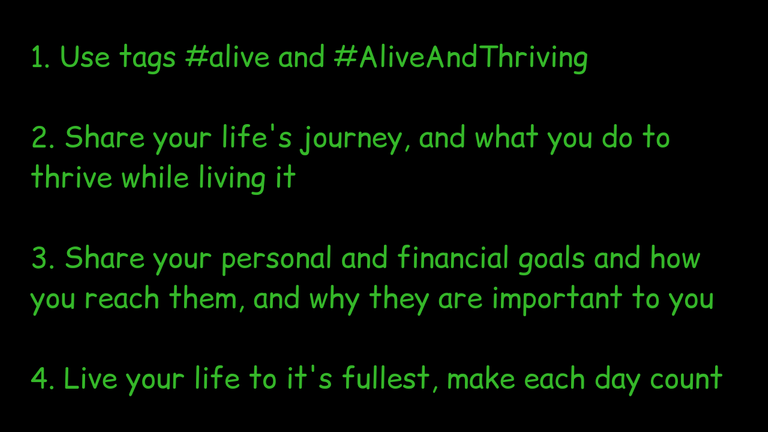Greetings girls, happy start of the month.
It is a pleasure to share a little bit of a topic that touched me a few years ago, it is of great importance to know that it exists and how to approach it.
What is postpartum depression?
Postpartum depression is a depressive disorder that affects some women during and after pregnancy. It can start immediately after delivery or up to a year after birth. Postpartum depression typically develops due to a combination of hormonal changes and environmental factors, such as an overload of responsibilities and a lack of support. The stress of daily life, work, childcare, fatigue, increasing financial problems, and lack of emotional support can all contribute to postpartum depression.
How to identify postpartum depression?
If you suspect you're experiencing symptoms of postpartum depression, there are some signs to look out for. These can include feelings of sadness, despair, anxiety, guilt, and loneliness; negative thoughts; Sleeping problems; difficult to focus; weight gain or loss; and loss of interest in activities you used to enjoy. If you have any of these symptoms, it is important to seek treatment immediately.
How to manage postpartum depression?
Treatment for postpartum depression varies depending on the severity of the symptoms. Treatments often include a combination of medication, therapy, and emotional support.
Fortunately, there are several ways to manage postpartum depression.
One of the most common forms of treatment is emotional support. It is important to talk to someone about what you are experiencing, such as your emotions, your thoughts, and even your concerns. A counselor or therapist can help provide an outside perspective and offer recommendations on how to manage depression.
Another way to treat postpartum depression is with medication. Antidepressants are commonly used to help relieve the symptoms of postpartum depression. Drug treatment should be considered under the supervision of a health professional.
It is also important that parents take time to take care of themselves. This can include exercising daily, getting plenty of rest, eating healthy foods, and practicing relaxation techniques such as deep breathing, guided meditation, and yoga.
These habits can help improve parents' mental health and reduce stress.
Finally, parents must establish a support network to have emotional support and thus face this form of depression.




